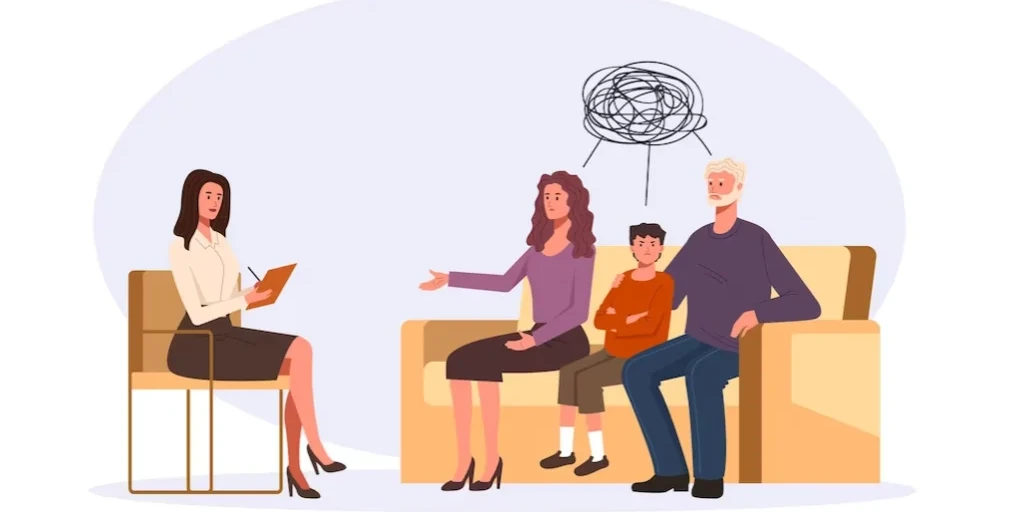24/7 Helpline:
(866) 899-221924/7 Helpline:
(866) 899-2219
Learn more about Residential Rehab centers in Callahan County

Other Insurance Options

Optum

Carleon

BHS | Behavioral Health Systems

EmblemHealth

Aetna

Amerigroup

GEHA
Beacon

Coventry Health Care

BlueShield

Absolute Total Care

Health Choice

Cigna

Anthem

Ambetter

Optima

Oxford

Private insurance

Magellan

Holman Group






















